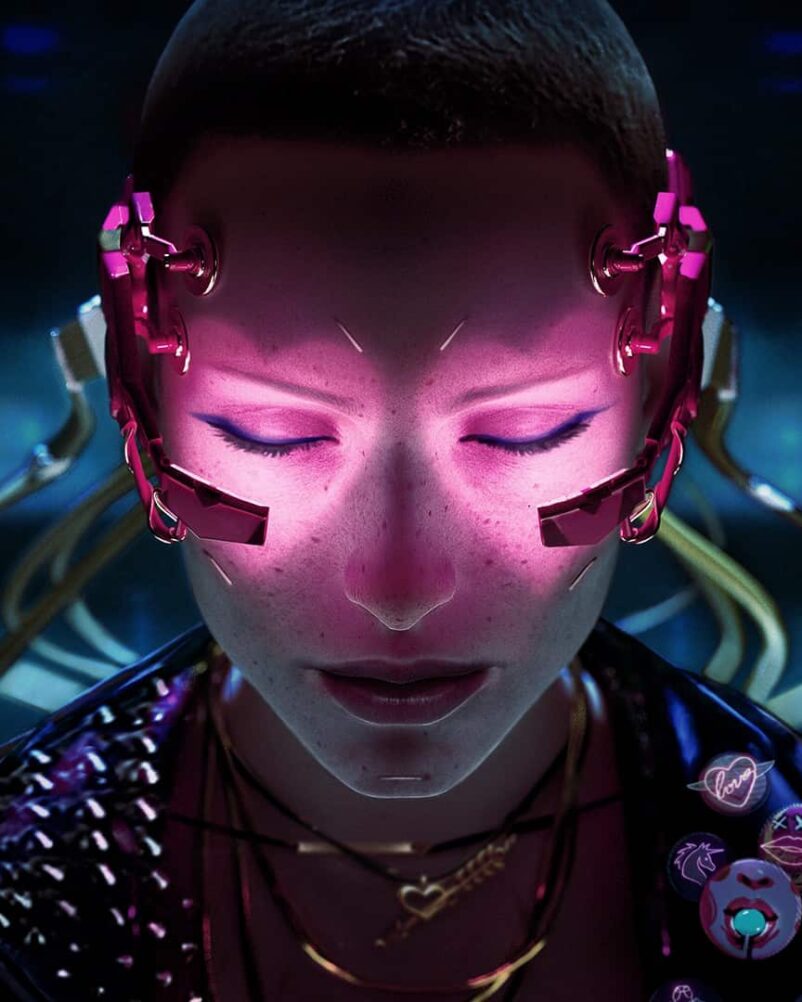
Artificial Intelligence and its uses in video games and other media are a hotly debated topic currently. Looking at the recent Hollywood strikes, we, as a society, are suddenly forced to deal with a very real cyberpunk-esque reality none of us were ready for. AI is here, and it is not going away.
As it stands today, AI can be used to complete many tasks in a game’s development. It can create concept art, original music pieces, dialogue, code, and perform language translation to name a few. Everyone who completes these types of tasks are now set to be replaced. This goes even further when considering that AI can be used to replicate the work of others who have departed a company or even passed away. Most recently, Cyberpunk 2077 was able to do exactly this by recreating a voice actors role using AI after they had passed away. In this example, they had gotten permission from the family beforehand, so it was done respectfully, but will that always be the case?
From a business standpoint, it is an incredibly attractive proposition to reduce a large portion of development costs by shifting tedious work to AI. This however, is just the beginning. As AI gets better, the output and detail of the work it can complete will increase exponentially (as with any technology) to a point where a games development team could be cut in half within the next five years. For its first few years however, AI will be more of an investment for larger companies than anything. They will pour cash and resources in order to train their specially designed AI systems to work within the parameters of their company-specific engines. Not only will this reduce costs for these companies in the long-run, but it will also speed up production considerably once these systems are in place past the “trial and error” phases.
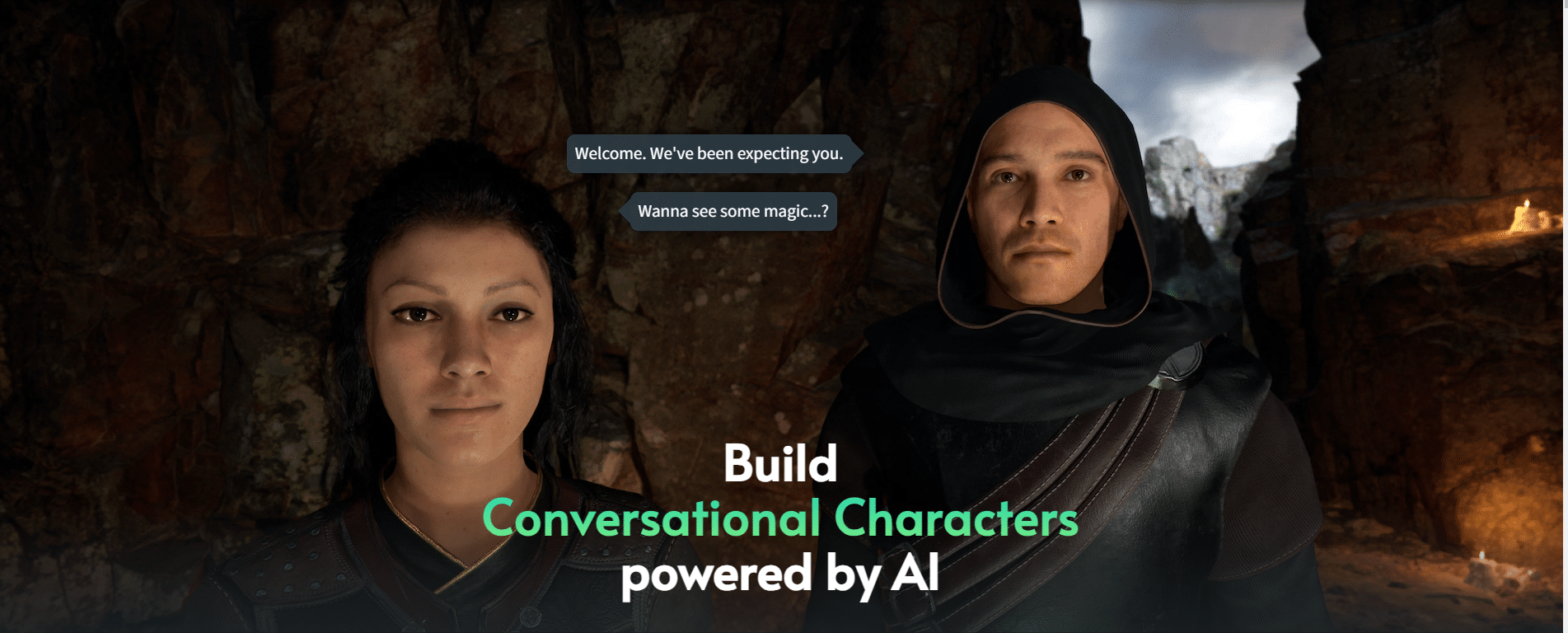

A major push for annual releases, consistent updates, and tie-in marketing games may be the route that these companies gravitate towards to keep engagement on the products and IPs they own at their peak. Many online games already live or die based on their output of meaningful and engaging content. Taking a quality-over-quantity approach will help these companies stay relevant with their dedicated player bases by not giving them a reason to jump ship to another game when there isn’t enough to do. AI generated work will speed up the production of development and updates we see in games to a degree we have not seen before. This is all fine if you are on the business side of the deal, but what kind of repercussions can we expect as gamers?
For a while, whether companies want to admit it or not, there will be a nosedive in the quality of content in the games we play. Slowly but surely, entire quests will be generated by AI, along with dialogue options, enemy types, and maps. Ubisoft has already begun the process of implementing AI-generated content into their development cycles and is assuredly going to be doing more in the future. This creates an issue for the people who play games, especially in the early years, when technology is still working out the bugs. Playing a game from a studio you love could be missing a lot of the magic and identity that previous games from that same studio held due to AI outsourcing and shortcuts.
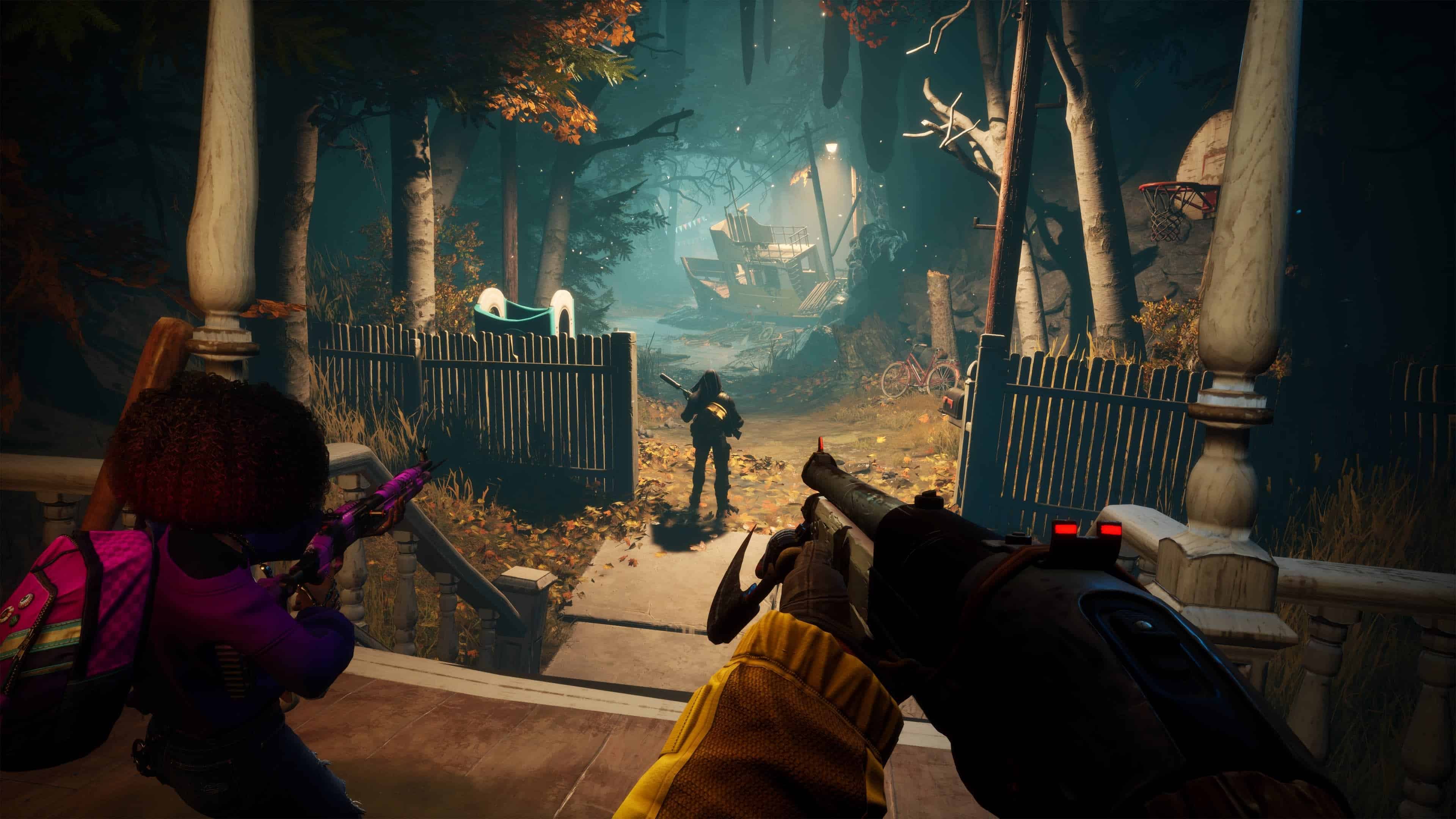

There absolutely may come a time when AI is so good it seamlessly blends handcrafted content along with its own, but for now, the difference will be readily apparent, and gamers will not be happy. There will be specific marketing for titles that boast the phrase “No AI-generated content!” as a feature. On the other side, you can have games that can market themselves by offering’s endless AI generated content that ensures the player will always have something to do.
Just like when micro-transactions were initially introduced, they will creep into so many products that they will slowly become the norm. Regardless of those that protest, any outrage against it will slowly fade away with time. The main counterargument is of course the reduction of necessary “crunch” for a development team. AI assisted video game production will see to it that studios can accomplish much more with much less. This eliminates the tight restrictive schedules and negative tabloids around a games stressful development that is harmful to that companies image.
Interestingly enough, this also puts Indie developers at an even greater disadvantage than before. Competing with AI-enhanced release schedules and content will be near impossible when you are forced to do most of the work for a game manually. Of course these studios may be able to use their own AI tools, however they will not have the specific AI powered software that many of the larger companies will have access too. This may also mean new IPs aren’t seen as frequently because training an AI to work within an existing world is conceptually easier than creating one from scratch.
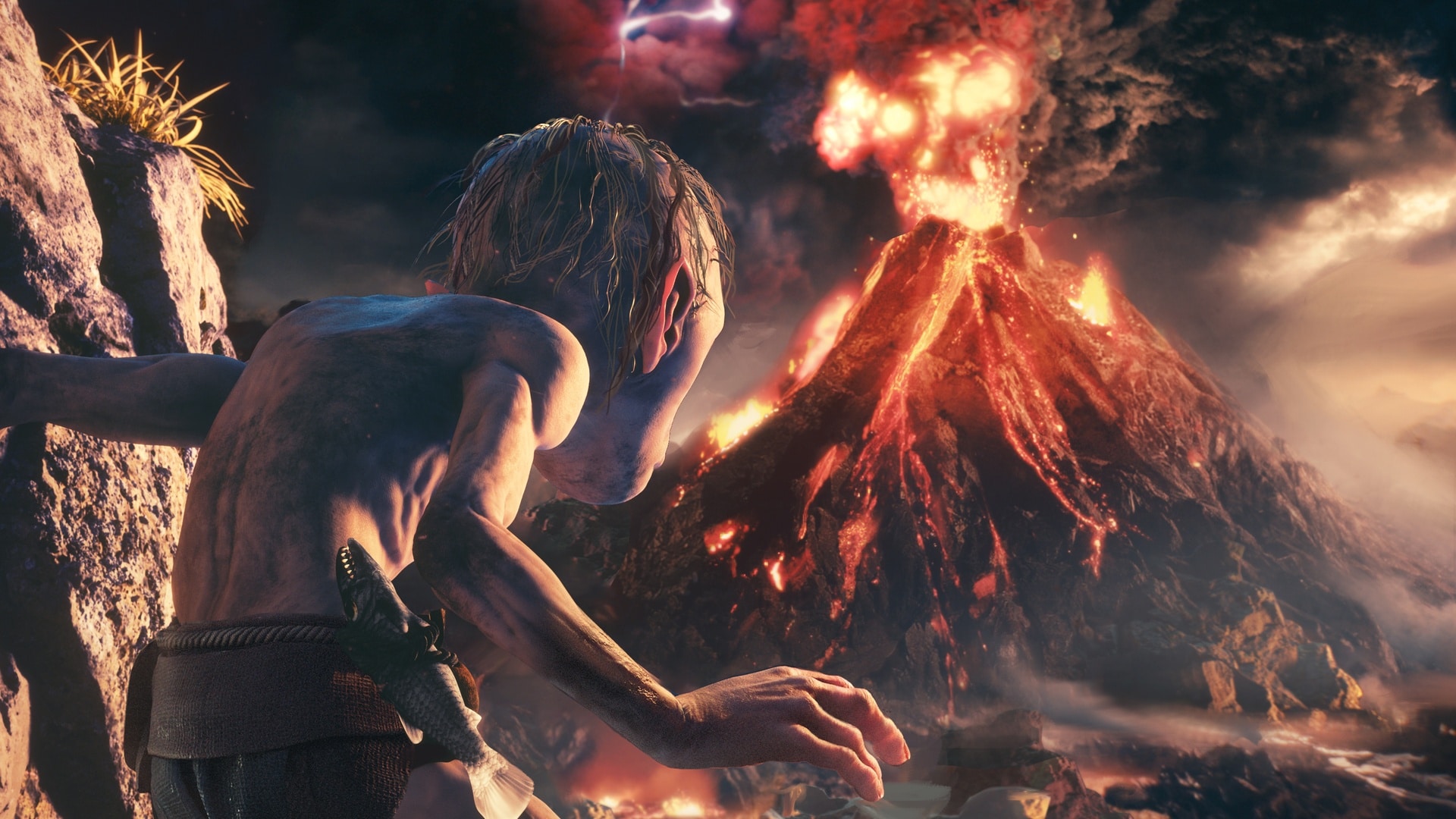

On the other side of the coin however, there are sure to be plenty of good that will arise with the use and normality of AI. As we have already begun to see, AI has done wonders for hardware improvements beyond their current limitations. AMD and Nvidia already employs AI for DLSS, ray tracing, resolution enhancements and more. This has allowed existing products on the market to get a simple and effective “boost” with very little to no work from developers.
While this is generally a good thing, it has led to some games being released in abysmally poor states. Additionally, these types of tools are now being used as a crutch to fix games rather than enhancing them as well. There is already such a heavy reliance on these systems where if you don’t use them, then your performance suffers. This generally isn’t an issue for consoles where things are standardized. PC’s are a different story though, where the variance in hardware set-ups can cause major issues without the aid of things like AMD’s FSR or Nvidia’s RTX.
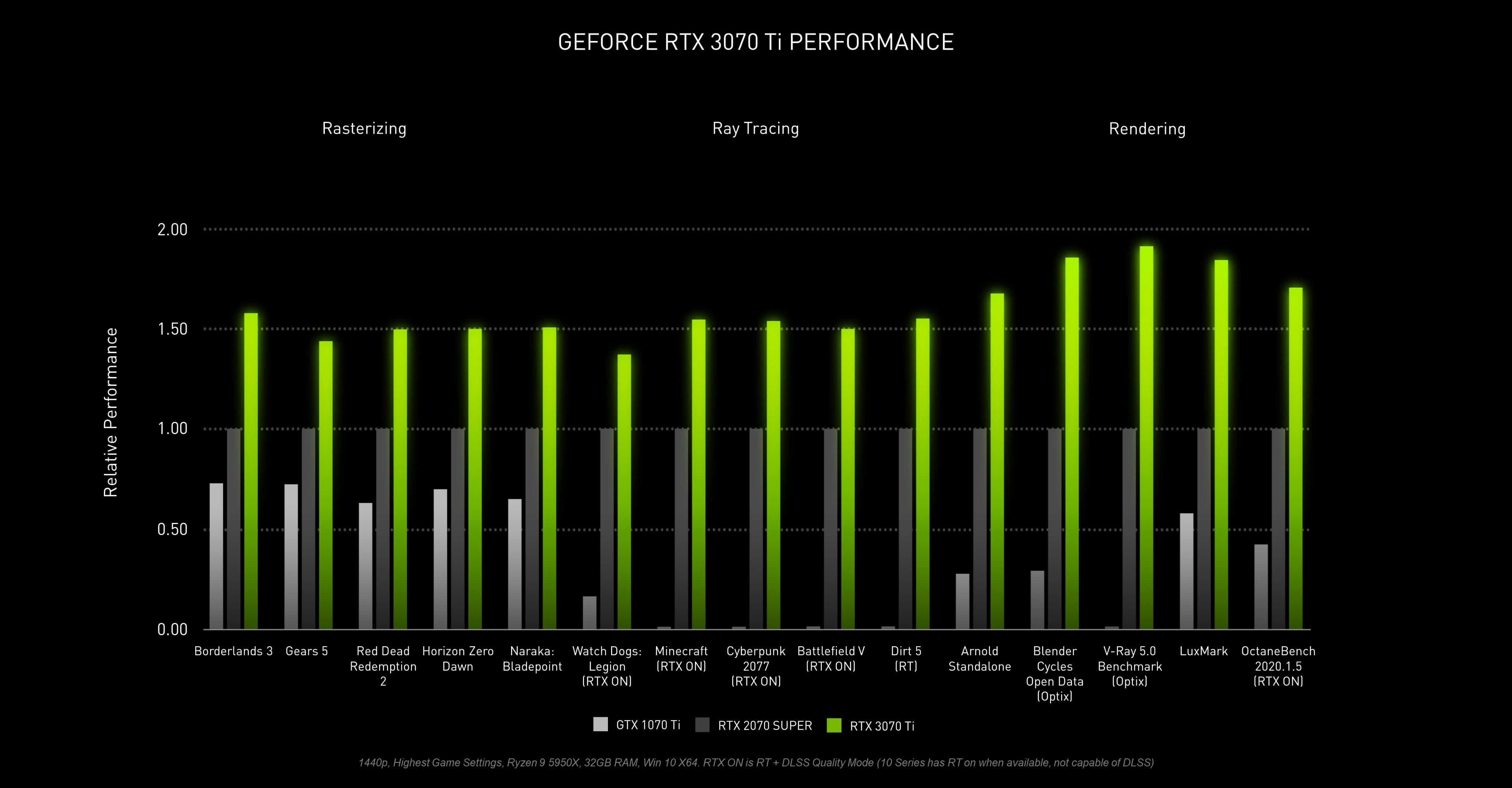

AI should be used sparingly and appropriately according to your needs. An indie developer who does not have an artistic edge using AI to help explain their ideas visually to their team can be an incredibly useful tool. Or using an AI system to quickly create terrain and environments can cut down on time, costs, and stress. Developers should be free to dedicate what limited resources and time they have into shaping the parts of their game that deserve passionate handcrafting rather than tedious busywork.
It will be tempting to take the path of least resistance and simply allow an AI to create most of your game for you though. You could simply feed it prompts until you have a semi-competent product you can throw onto a store page without much care. While the convenient uses of AI are more than apparent, the reliance should never be 100% on them. We will always value the integrity and passion that goes into creating something that comes from a place of true vision.
Finally, there is the argument of art and integrity. Is a game still considered a piece of art if many of its assets and production were created via AI? Does it still qualify to win awards if that work wasn’t done by a team or individual with a shared vision? It is hard to say, but with so many industries choosing to incorporate AI in some way or another, it will become increasingly difficult to discriminate against those that do.


The reality is that AI, whether we like it or not, is here to stay. As with any technology, it is created with the intention of making our lives easier, which it already has. The issues don’t arise from the use of AI as a tool, but rather whether it is implemented in smart and meaningful ways that doesn’t compromise the artistic vision of the project. Companies will be under a lot of scrutiny from consumers if they do not use this technology wisely and instead release rushed products with poorly crafted AI components that deviate from what was advertised to the consumer. Quality, above all else, must be demanded for any games created with heavy AI assistance or we run the risk of going back to the days of NES shovelware.
It is entirely possible we will reach a point where AI is able to create the most immersive and ground-breaking experiences on the market. Containing worlds so interactive and interesting we never want to leave, providing us endless content for our favorite games. Until then though, we have to deal with the growing pains of the technology, and the reality of the effects it will have on those creating the games, and those playing them.



